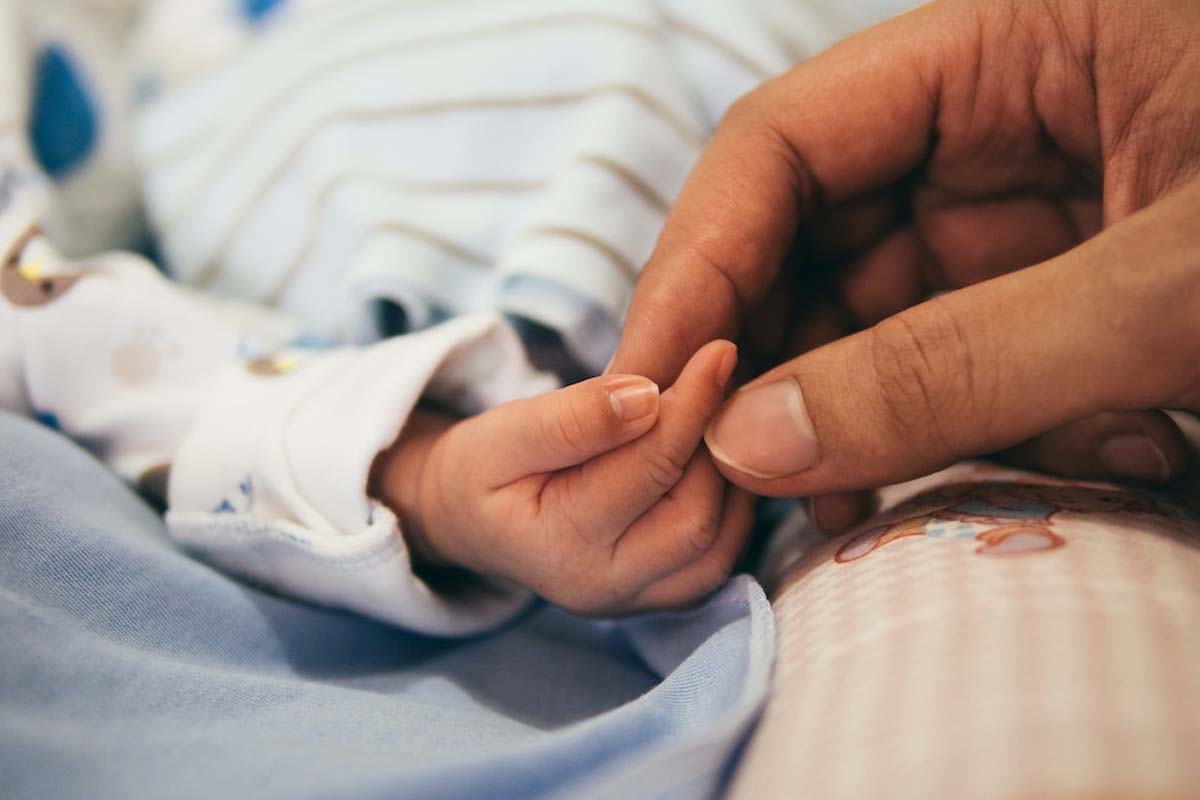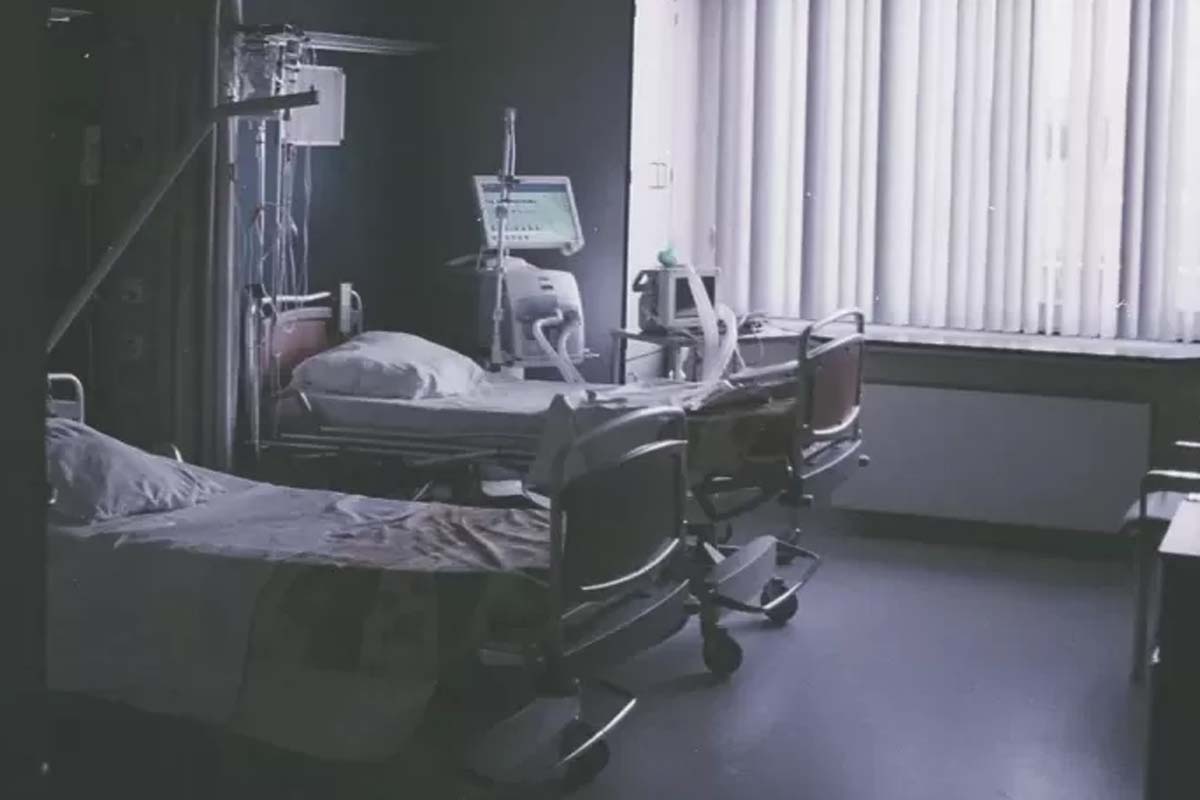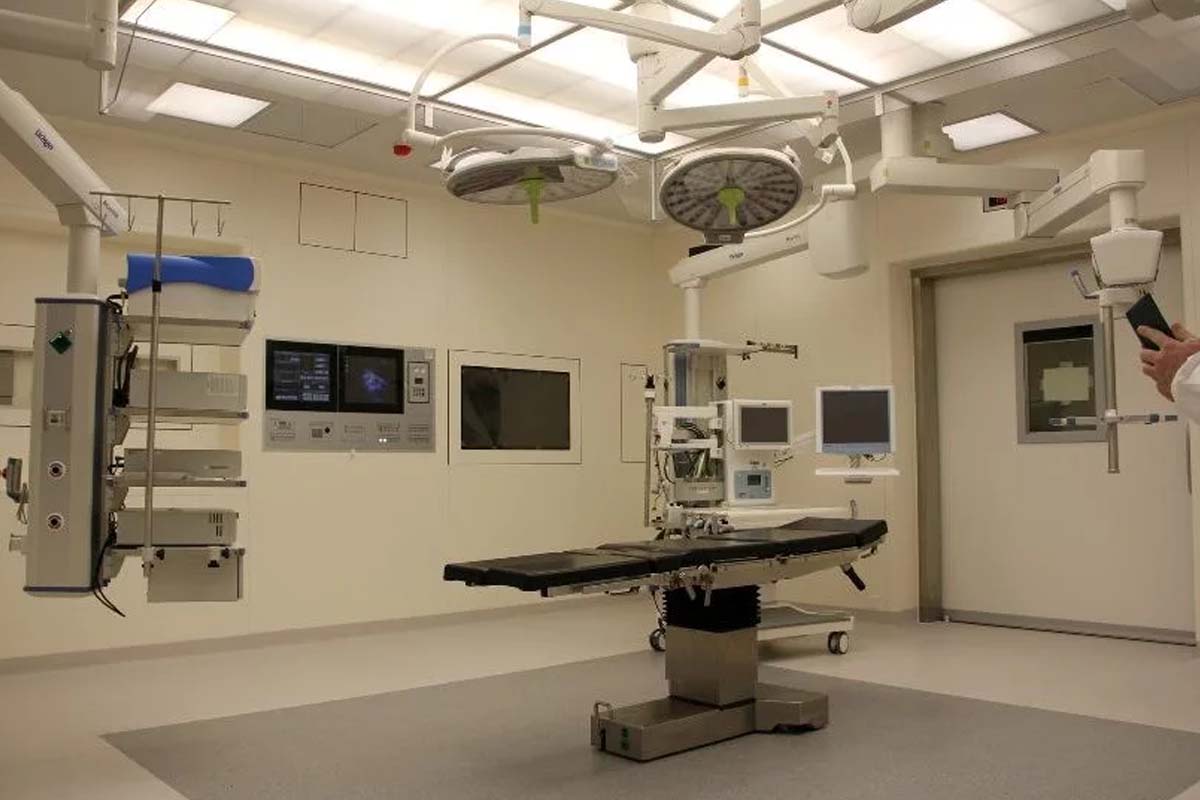The Brachial Plexus is a neural network that connects your spinal cord to your shoulder, arm, and hand. A Brachial Plexus injury occurs when these nerves are stretched, squeezed, ripped apart, or torn away from the spinal cord in the most severe cases. Minor Brachial Plexus injuries known as stingers or burners are prevalent in contact sports like football. Not just that, but some babies can incur Brachial Plexus damage even during birth.
And these types of cases receive Brachial Plexus Claims as compensation.

Common claims for failure to refer for further testing
The common claims for failure to refer for further testing range from the GP not sending a patient for blood tests to the hospital consultant not ordering an MRI when making a diagnosis.
You make the medical negligence claim* for the effects of the failure to refer for further testing on your life.
Common failure to refer for further testing claims:
What are some common types of Brachial PlexusClaims?
Brachial Plexus injuries are one of the most common causes of medical malpractice claims, and with good reason.
How do these cases arise?
During the delivery process, a lesion to the child’s Brachial Plexus is assumed to cause a Brachial Plexus birth injury. The affected arm’s sensory and motor function may be impaired due to this injury. Motor vehicle accidents, bike accidents, ATV accidents, sports, and other activities can cause traumatic Brachial Plexus injuries. These cases are applicable for Brachial Plexus Claims.
What do you need to do to be able to make a claim?
The method for filing a claim for brachial plexus injury depends on the damage you have suffered. Adults who experience a brachial plexus injury in an automobile accident or at the workplace must typically apply for an evaluation by the Injuries Board Ireland. Still, brachial plexus birth damage survivors must seek medical negligence reimbursement through a lawsuit.
The process/ outcomes of Brachial Plexus Claims
When you’re looking for answers for your child who has suffered a Brachial Plexus injury then what options do you have? One way is to seek compensation to assist your child in dealing with their injury. If you want the best for your child, you should inquire about the typical settlement value of Brachial Plexus birth injury cases and how much your child’s claim could be worth. As a result, the payout average isn’t informative in this case. Finally, your child’s medical records hold the key to determining the range of settlement amounts for your Brachial Plexus Claim.
Conclusion
The process of availing the claim is not simple as it requires paperwork and legal knowledge. Thus, We at O’Reilly Doherty provide you with the best solicitors who can assist you in getting the best claims.
If you require any further information, please do not hesitate to call us on 01 8344255. Alternatively you can simply request a callback and a member of our staff will contact you as soon as possible.
*In contentious business, a solicitor may not calculate fees or other charges as a percentage or proportion of any award or settlement.
Client Testimonials
Very professional service from start to finish, the communication was great and the whole process was made as stress free as possible. I would highly recommend Ronan and the team.
I have used Ronan and O’Reilly Doherty both professionally and personally, I couldn’t recommend them anymore just brilliant to deal with from start to finish. Thanks Guys.
Fantastic to deal with would highly recommend.
Very friendly and extremely helpful. Thank you.
Superb service, cannot recommend them highly enough.






